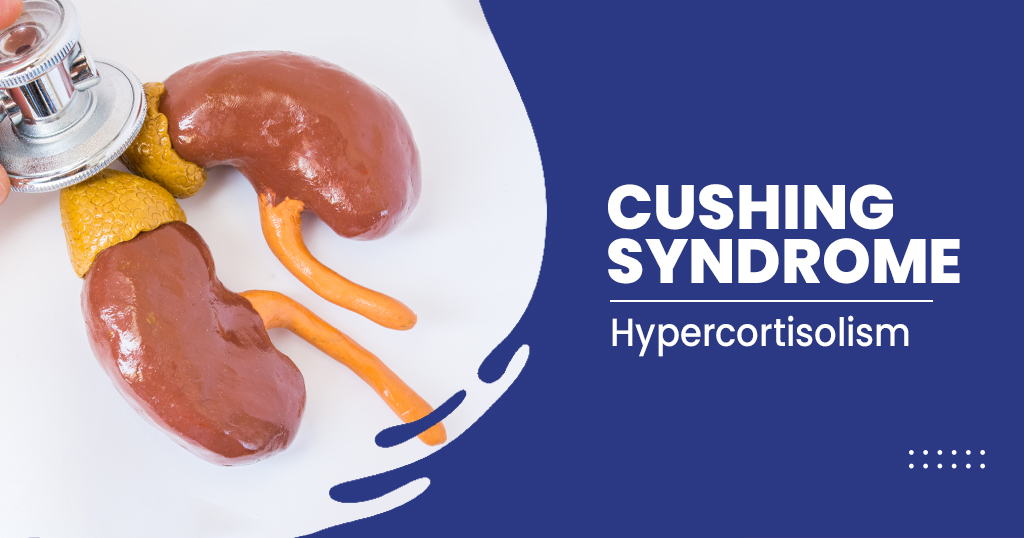Cushing’s syndrome is a disorder that occurs when your body has a high level of the hormone cortisol. This hormone is produced by the adrenal glands and plays a vital role in the body’s response to stress, regulation of metabolism, immune response, and inflammation reduction.
Advertisement
However, an excessive amount of cortisol can lead to the symptoms of Cushing’s syndrome, which include weight gain, skin changes, muscle weakness, and psychological issues such as depression and anxiety. There are four main causes of Cushing’s syndrome:

Pituitary Adenomas: These are benign tumors of the pituitary gland that secrete increased amounts of ACTH, a hormone that stimulates the adrenal glands to produce cortisol. This condition, known as Cushing’s disease, is the most common cause of Cushing’s syndrome, accounting for about 70 percent of cases.
Ectopic ACTH Syndrome: Some benign or malignant tumors that arise outside the pituitary gland can produce ACTH. This condition is known as ectopic ACTH syndrome. Lung tumors cause more than half of these cases. Other less common types of tumors that can produce ACTH are thymomas, pancreatic islet cell tumors, and medullary carcinomas of the thyroid.
Advertisement
Adrenal Tumors: An abnormality of the adrenal glands, such as an adrenal tumor, may cause Cushing’s syndrome. Most of these cases involve non-cancerous tumors called adrenal adenomas, which release excess cortisol into the blood. Adrenocortical carcinomas, or adrenal cancers, are the least common cause of Cushing’s syndrome. Cancer cells secrete excess levels of several adrenal cortical hormones, including cortisol and adrenal androgens.
Corticosteroid Medications: Cushing’s syndrome can also be caused by long-term use or high doses of corticosteroids. These medications are often used to treat conditions like asthma, lupus, and rheumatoid arthritis. They mimic the actions of cortisol in the body and can lead to symptoms of Cushing’s syndrome when used in high doses or over a long period.
Each of these causes leads to an overproduction of cortisol, either through increased production by the adrenal glands or through increased levels in the body due to medication use. The key to treating Cushing’s syndrome is to lower cortisol levels, which can often be accomplished by treating the underlying cause.
This may involve surgery to remove a tumor, radiation therapy, medications to control cortisol production, or reducing the use of corticosteroid medications. It’s important to remember that Cushing’s syndrome is a serious condition that requires medical attention. If you suspect you may have this condition, please consult with a healthcare provider.


Leave a Reply